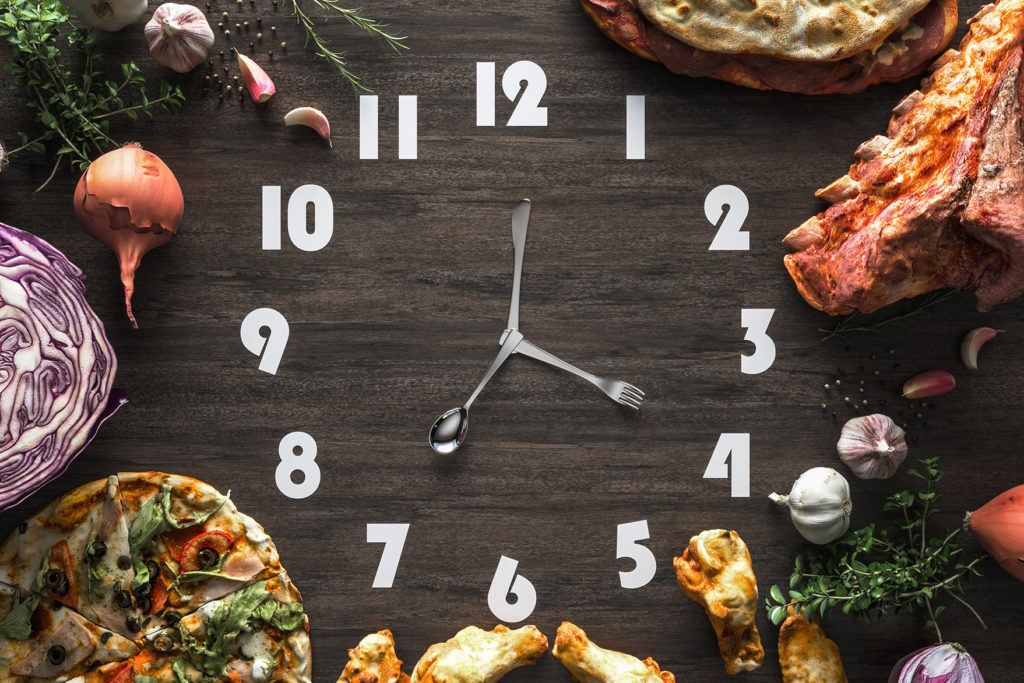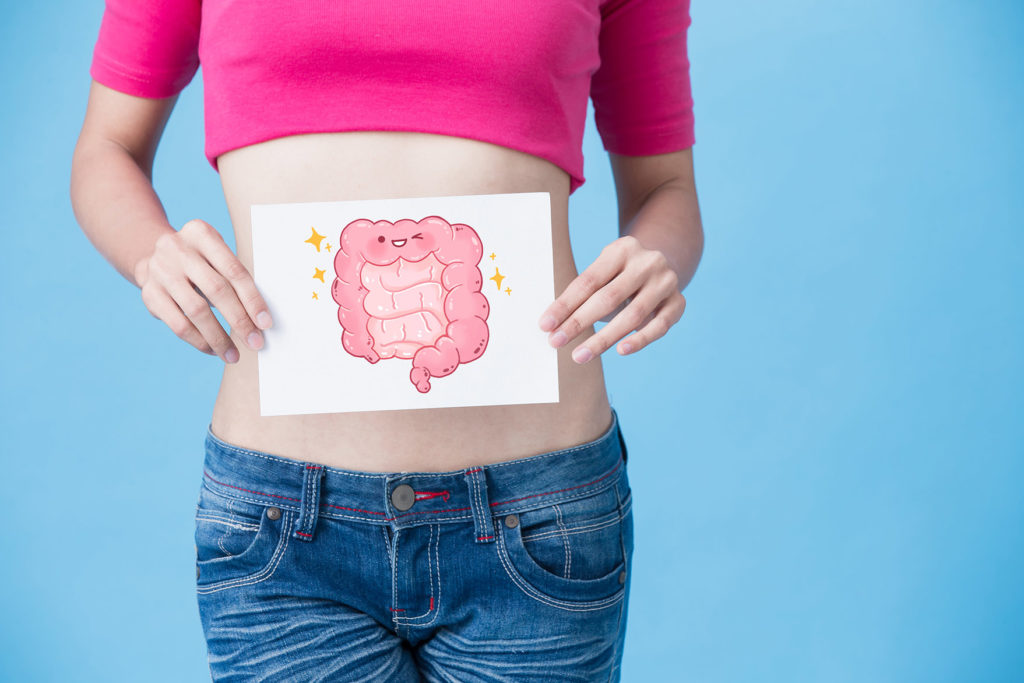Sometimes the digestion of meals is often neglected. However, it is essential to know which foods are easy to digest (especially those rich in fibres) to avoid indigestion. Indigestion can cause many health problems. These include bloating, upset stomach, heartburn, flatulence, constipation, diarrhoea and other problems.
Therefore, to remedy all this it is advisable to improve digestive comfort. It is just a matter of adopting a few simple reflexes on a daily basis in order to avoid all these discomforts.
What are the foods to favour for a good digestion?
There are many varieties of delicious meals, but it is important to remember that some of them can be detrimental to the proper functioning of the digestive system.
It is important to choose the right foods so as not to have embarrassing sensations, especially during competitions or important events. Here are some lists of foods that are easy to digest and provide a lot of nutrients for the body.
Cooked vegetables
Cooked vegetables are easy to digest. Their fibre is more soluble, gelatinous and therefore easy to digest.
Dried vegetables
It turns out that dried vegetables (lentils, flageolets, peas, etc. ) can cause bloating and flatulence. However, they are rich in minerals and dietary fibre. They should therefore be eaten in moderate quantities and not often.
Starchy foods
Starchy foods (rice, pasta, potatoes, etc. ) are generally easy to digest.
Fruit
Ripe or stewed fruit is healthy and also easy to digest.
Dairy products
Dairy products are very useful for good health and growth at a young age. There are people who cannot tolerate natural milk because of the presence of lactose, but it is possible to eat other dairy products such as cheese, yoghurt, etc. Moderate consumption of dairy products does not cause indigestion.
Water
Water is very useful for good digestion, provided that it is drunk outside the meal and preferably before the meal. It is also important to avoid drinking fizzy drinks during meals as the gas can clog up the stomach and this will cause indigestion.
What are the best ways to avoid indigestion?
-
00004It is possible to avoid indigestion (after the holidays for
example) with some simple and effective tips:
- Drinking herbal teas, infusions and food supplements based on plants helps to have a good digestion. They are known for their digestive properties. Such as fennel, aniseed, mint, liquorice, coriander, cumin, dandelion, burdock, badian, lemon balm and blackcurrant.
- Charcoal in granular or capsule form helps to reduce gas in the stomach or belly.
- Drinking mineral water rich in bicarbonates reduces stomach acidity, such as Vichy Célestins or St-Yorre. Clay also calms stomach acidity.
- Certain probiotics found in yoghurts, fermented milks, soya or in the form of food supplements promote good digestion by acting on the intestinal flora.
- Relaxation methods can also help with good digestion. Such as aromatherapy, reflexology, acupuncture, yoga, etc.
- In addition, a healthy lifestyle can improve digestion.
To have digestive comfort, you must:
- Drink at least 1. 5 litres of water a day. Preferably do not wait until the body is dehydrated. You should drink water throughout the day. Drinks (juices, etc. ) can be consumed with meals, but in small quantities to avoid taking up too much space in the stomach.
- Eat 3 meals a day, preferably at regular times. Avoid eating standing up.
- Eat calmly and take time to chew well. If possible eat for at least 20 minutes.
- Avoid clothing that is too tight or constricting to the stomach.
- Avoid taking anti-inflammatory drugs or aspirin repeatedly.
- Regular physical activity.
- Avoid smoking.
- And above all, stress should be managed as it can interfere with digestion.
What foods should be avoided for digestive comfort?
First of all, we must limit the foods that can disturb digestion:
Food that is too fatty
When food is too fatty, the fat accelerates the secretion of gastric acid, bile and pancreatic juices. As a result, meals are digested too quickly and this causes a problem. This is why you may have a stomach ache after eating a lot of fatty meals. Therefore, they should be limited and eaten in moderation.
Food that is too spicy
Unlike fatty foods, spicy or vinegary foods are difficult to digest. The presence of spices and vinegar in the meal slows down and complicates digestion.
Heavy foods
Heavy foods (cabbage, onions, beans, etc. ) can cause bloating or flatulence and are therefore very heavy to digest.
Starchy foods
Too much consumption of starchy and floury foods can cause constipation.
Alcohol and tobacco
Alcohol and tobacco consumption is very bad for the stomach and therefore can cause indigestion.
Chewing-gums
It turns out that chewing can help to digest meals. However, chewing gum before eating should be avoided.
To conclude
To conclude,for a good digestion, one should eat foods rich in fibre, around 30g per day because they facilitate the digestion of meals. However, you should be careful not to eat too much of it as it can irritate the stomach. It is also advisable to eat fruit and vegetables preferably with the skin if possible. And above all, it is important not to forget to drink water outside of your meal.



